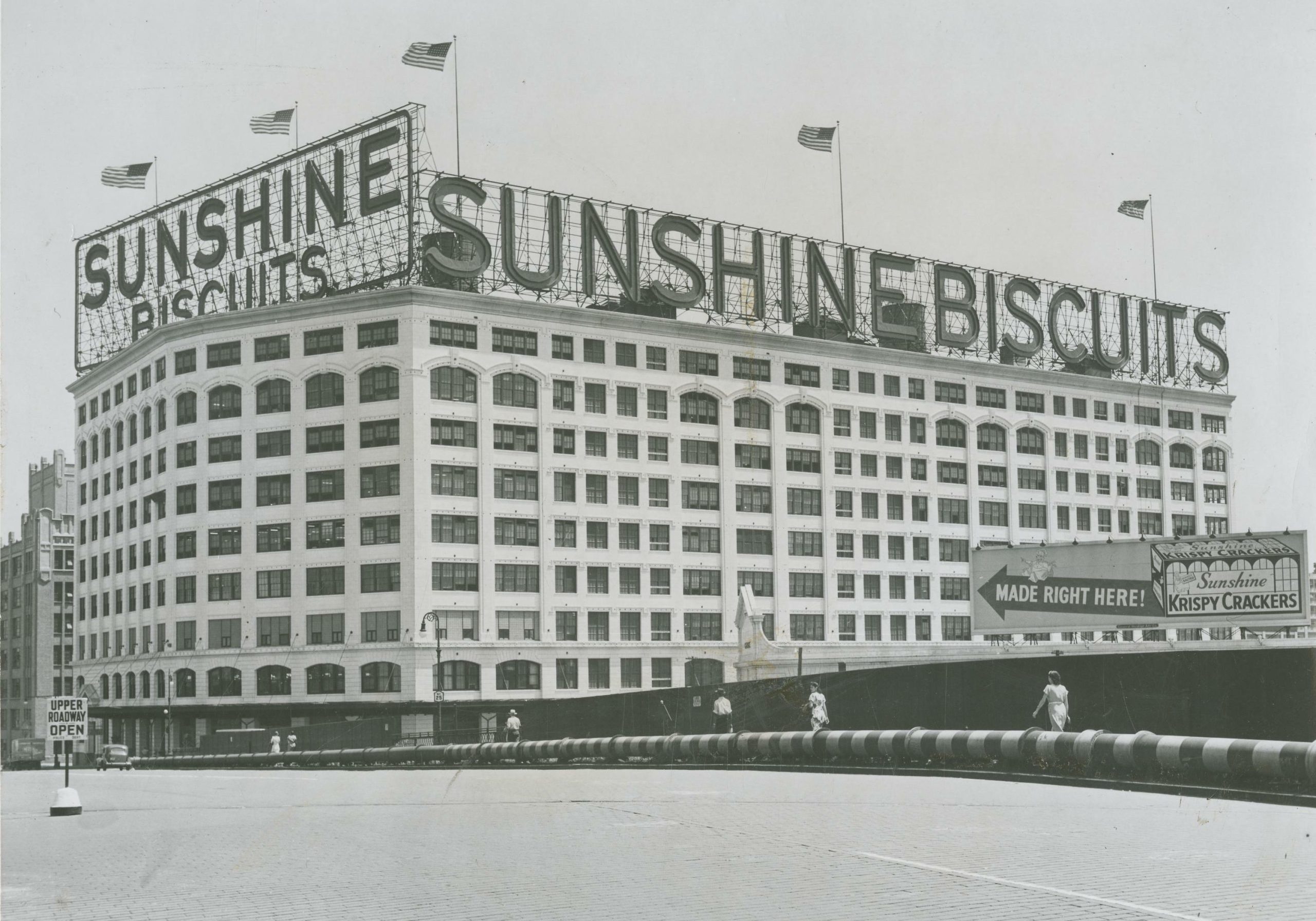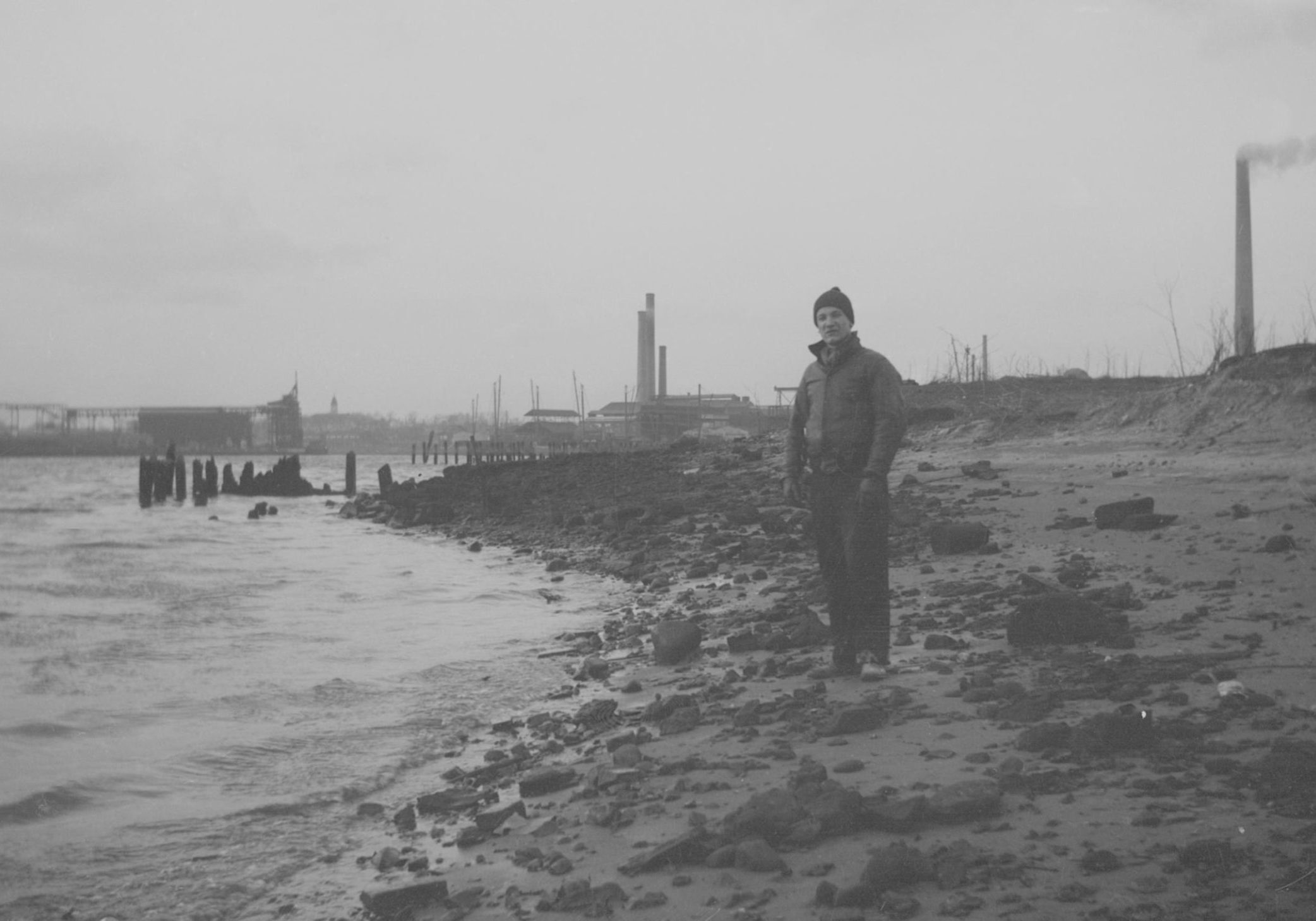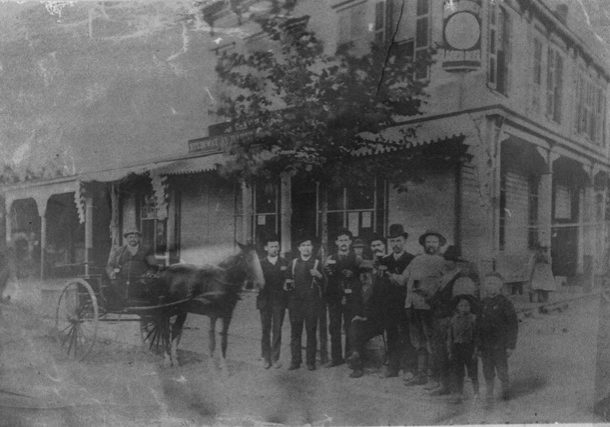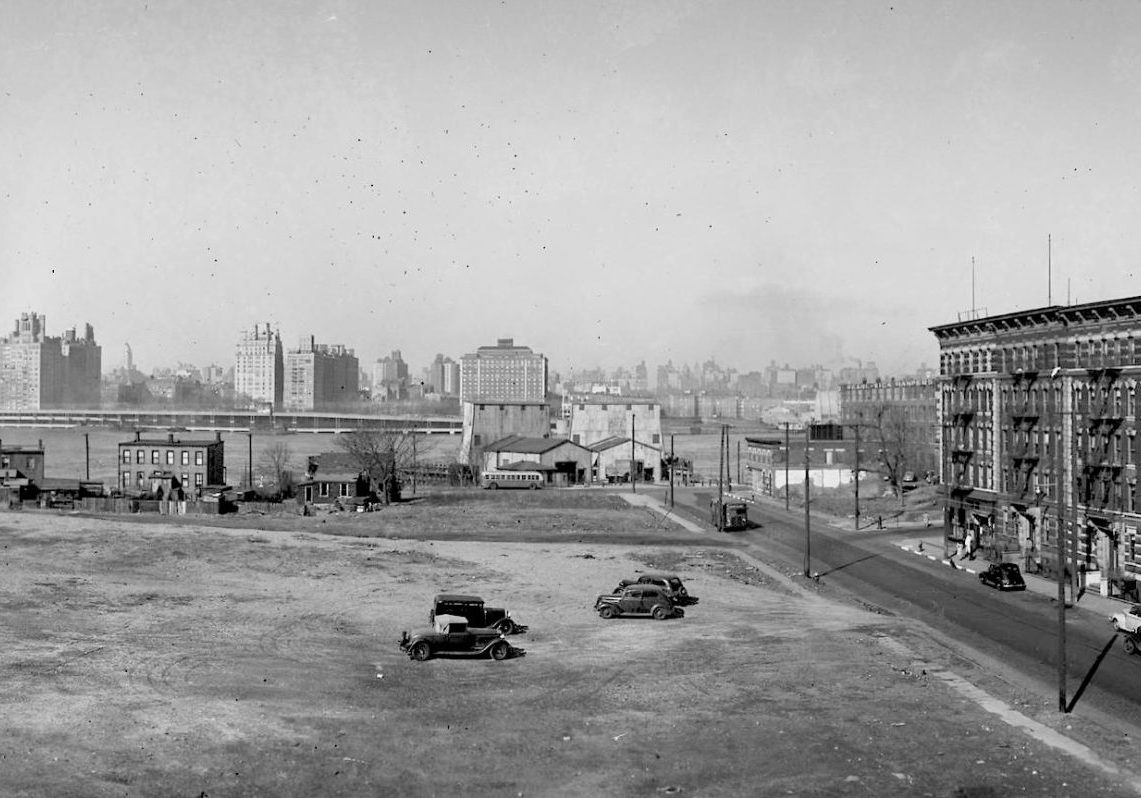Closed, But No Cigar: Navigating Business Closures During the Pandemic
The coronavirus pandemic has been a trying time for local businesses and their customers alike, with some neighborhood store owners forced to suspend their business, reduce hours or pivot in order to stay afloat. We spoke to Elias Fillas of Astoria’s own Sacco & Fillas LLP to learn about the legal ins and outs of business closures and vacancies during this time.
GMA: Once a business has closed, who is responsible for maintaining the sidewalk in front of it in the event of a snowstorm or other weather event?
EF: Most retail stores are responsible for maintaining their sidewalk; the landlord puts that obligation on the retail stores. So, if you have a restaurant, all the responsibility of maintaining the frontage is something that’s going to fall on the restaurant to clean, maintain, and repair as needed and the restaurant owners will have to make those repairs. The problem is that now with all the closures going on, you have absentee retailers, absentee store owners, and with the absence of the retail owners, that responsibility is going to fall on the landlord. So, the landlord is going to pick up that cost.
GMA: Does that apply to old signage as well?
EF: Anything attached to or pertaining to the building is going to fall on the owner.
GMA: So, if someone is injured because of an improperly maintained vacant building, is the landlord on the hook for that?
EF: The landlord would definitely be responsible. Now, whether or not the landlord has any rights to go after the tenant for indemnification so that they can get compensated for monies that they pay out or that their insurance carrier pays out, that’s a different story. It all depends on what’s stated in the lease between the landlord and tenant.
GMA: Let’s say a restaurant is sanctioned by the Department of Health for breaking COVID guidelines, and then it closes down. Does the landlord still need to pay the fines that they incur?
EF: No. Any violation issued to the business has no effect on the landlord.
GMA: Are there still any programs that the government is providing to support small businesses, like last year’s Paycheck Protection Program (PPP) loans?
EF: There was another relief bill that was just passed by the government. It just came out, and I know many clients are applying for those PPP loans. And there has been more money allocated towards restaurants, and businesses that offer live entertainment have even more relief available to them.
GMA: If your laundromat shuts down while your clothes are still there, what legal recourse do you have to get them back?
EF: Well, you can try get a court order to have the business release the items that they are holding, or you can sue the cleaners to release the goods. However, practically speaking, unless you’re talking about some very expensive items of clothing, it really isn’t worth it to undertake any of these courses of action, because it’s just too expensive.
GMA: On the other hand, if you’ve rented something from a business, and then that business closes down, is it your responsibility to return the rented product?
EF: You have to make a reasonable effort to return the items. If the business closes, and they’re not giving you a method by which you can return the items, then you’re in a position where the return of the item is made impossible. Obviously, you’re holding onto an item that doesn’t belong to you, but you must make a reasonable effort so that in the event that someone wakes up and says ‘this person is in possession of our motorcycle, car, whatever it is,’ you can have a reasonable excuse to say, ‘well, I’ve had the item, I tried to return it and couldn’t.’ And it’s your obligation to make sure nothing happens to it while you’re holding it.
GMA: If a business has promised to sponsor my son’s Little League team and then shuts down, can I sue the owner for the sponsorship money?
EF: You cannot sue the owner, but you can sue the entity. If it’s an individual that makes the promise and then renegs on that promise, then yes, you can sue the individual. But if it’s a company, you have to sue the company.
GMA: If a gym closes down temporarily because of circumstances like COVID, is it required to inform its customers or can it keep charging them fees?
EF: Every gym has its own policy. You have some contracts that indicate that the gym can continue to bill a client and you have other gyms that say that they won’t bill a client for that period of time that the gym is closed. But it depends on the language contained in contract that you’ve signed with the gym.
GMA: If a pet store closes down, what happens to the pets?
EF: There are many laws that pertain to the treatment of animals in NY. Even if a store pet store closes its operation, the owners can’t abandon the animals and they must take care of the animals by providing food, water and shelter. Otherwise, the owners may be subject to criminal penalties for animal cruelty.
















